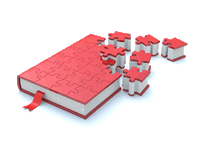
- Puzzles: When you write your novel you do so by sections, perhaps piecing the work together at the end. You don’t follow a linear path and you aren’t dependent upon what came before to find out what happens after. Outlines are important as they give you a map to follow so you can logically piece your story together.
- Blocks: When you write your novel you do so linearly, writing out each scene as they happen in order. For you, the journey’s what’s important and the ending might not be clear or even exist when you start. Outlines aren’t important to you, spontaneous creation and the arty-aspect of writing are.
As you can tell, puzzles are more of a logical piecing together of your novel. Non-fiction writers will know this, as often things have to be pieced together and moved around quite a bit before things are finished.
Blocks are more creatively-inclined works and writers will be tapping into different areas of the brain, mainly because their imagination is so much more at play since outlines are often dispensed with, if they were even written out at all.
The first 6 novels I wrote I wrote were blocks. They started at the beginning and ended at the end and that’s how I wrote them. My last 3 novels, and much of the fiction I write these days for others, are written as puzzles.
What I mean by this is that I’ll often write the ending pretty quickly after starting, the middle soon after, and maybe not the beginning until, well, the end. And all those little pieces that you need to connect your bigger pieces together? I typically save that for the end, as I find it to be the most boring, or what readers would rather have left out anyways.
Writing Blocks
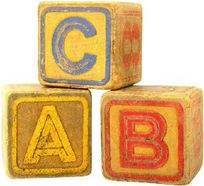
- Linear: Probably the greatest thing with this approach is that the story unfolds before your eyes. The ending is just as much a question to you many times as it is to your reader. Great discoveries can be made along your journey, and this could make your work better.
- Roadblocks: When you write linearly in the block style you’ll often run into sections of your work where you don’t know what to do. These are roadblocks, and they make the block style of writing very prone to failure. See, many writers have a great idea, get a hundred pages into it or so, then run into some problem they can’t get past. Of course they could go and write the end of their story and come back, but this is anathema to all they’ve been taught. Instead the work is most often abandoned, many times indefinitely.
- Boring: The worst thing you can do as a writer is bore people, unless you’re writing for college students, in which case you’ll get paid more. Unfortunately the block-style of writing often leads to boring works, mainly because people think they need to keep going forward linearly with their story. Listen, my linear day is boring. Do you want to hear about my morning bathroom routine or can we just skip that and get to the massive blowout that occurs before lunch? It’s much more interesting and no one except really gives a damn about the little things anyways.
Writing Puzzles
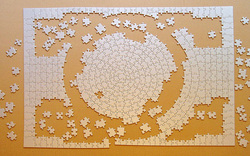
- Skipping: I like to skip around when I write. I’m often working on a few different projects, and when something gets boring I’ll switch to something else. If you work on a little everyday suddenly you’re getting a lot done. Now, when it comes to writing my novels I do the same thing as I often get bored. When you get bored the best thing to do is skip around so you can write something interesting. After all, if you can’t even write it how the hell do you expect anyone to ever read it?
- Burning: We’ve all got those scenes burning a hole in our head. Sometimes getting those out is the best thing to do as soon as possible. Trust me, when you’ve got something that you need to say you’ll say it, and all those problems you have about getting up to 500 or 1,000 words or whatever just go right out the window. Why would you wait to write this a month from now? I guess if you want to let it simmer and possibly get better, or you just want to be a failure.
- Framework: I’ve come to realize that the reason many people aren’t getting through and finishing their novels is because they don’t have a basic framework in place. One of the first things I do after I get up to a few thousand words is make a hyperlinked Table of Contents. The reason I do this is for ease of use, as I know how difficult it can be moving around in a document several hundred pages in length, and for my framework. You see, when you can see all your chapters there it makes it a lot easier to skip around and write what you feel like writing, not what needs to be written. We all know how much easier it is to do something we feel than something we need.
So what do you think – do you write puzzles or blocks? Or nothing at all?


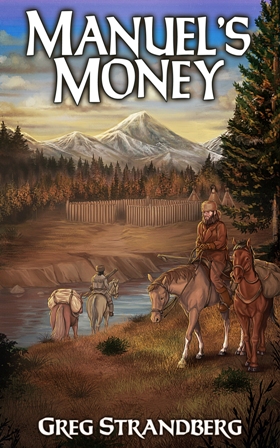
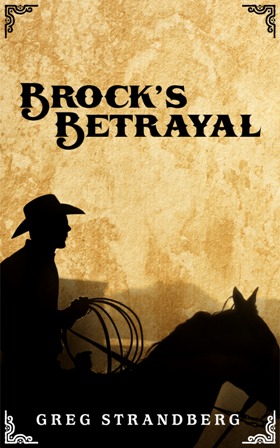
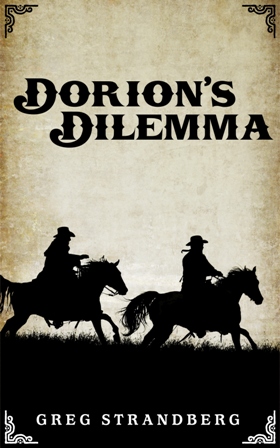
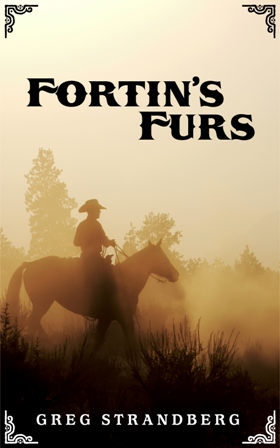
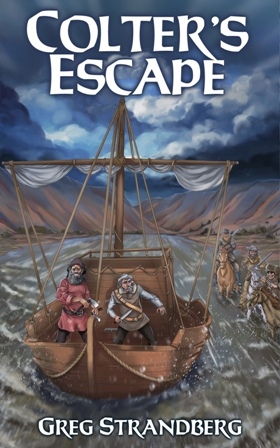
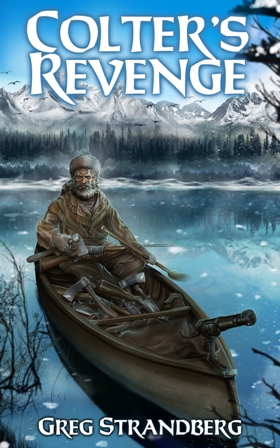
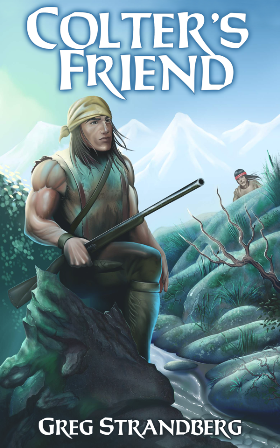
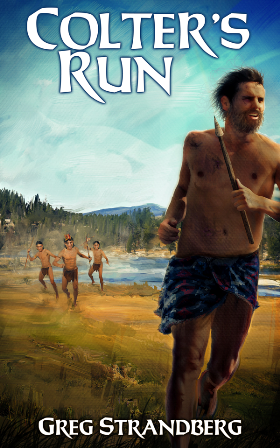
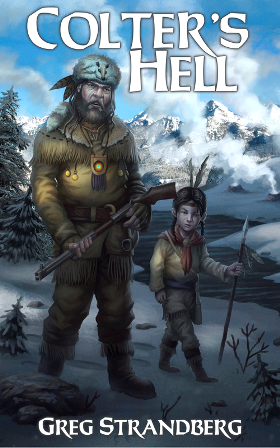
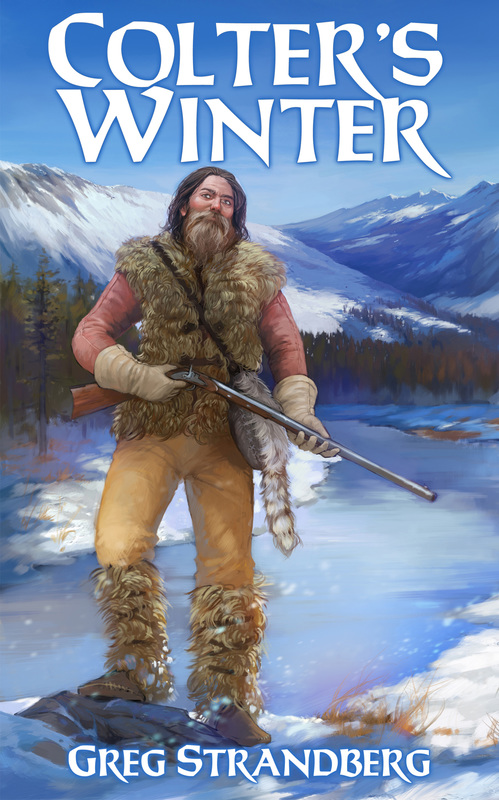
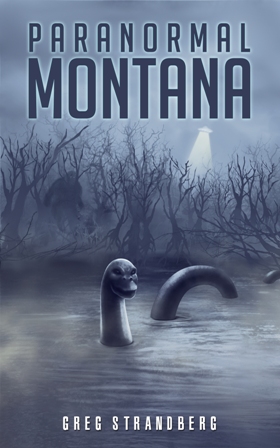
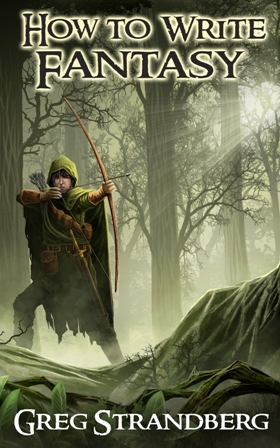

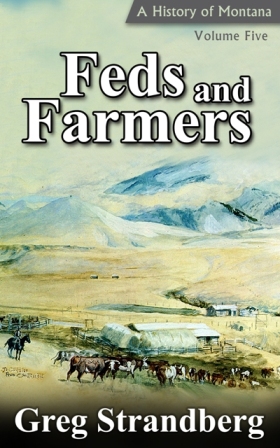
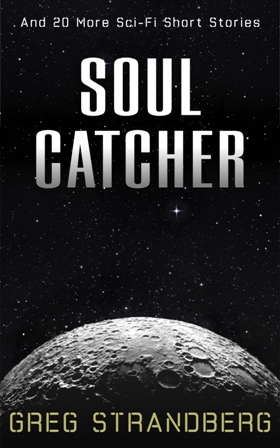
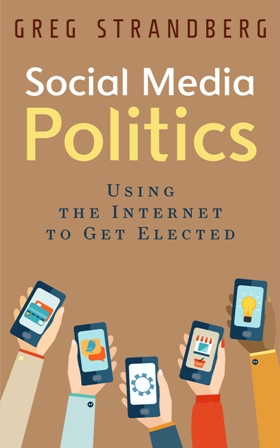


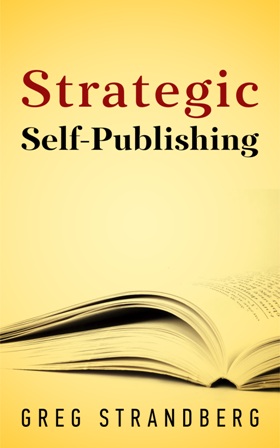
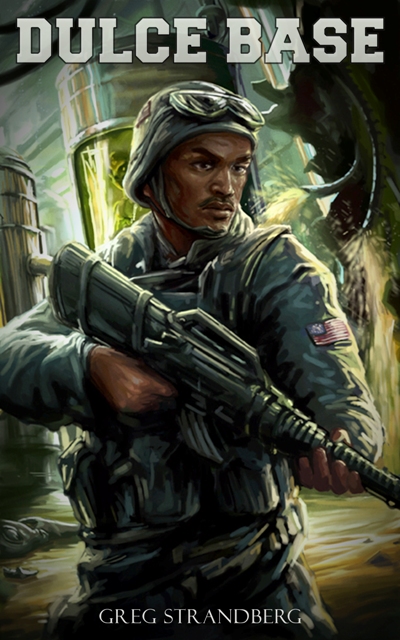
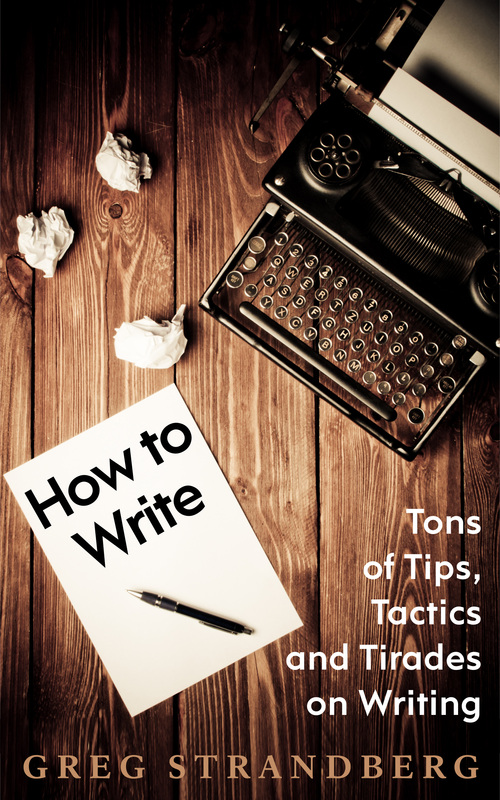
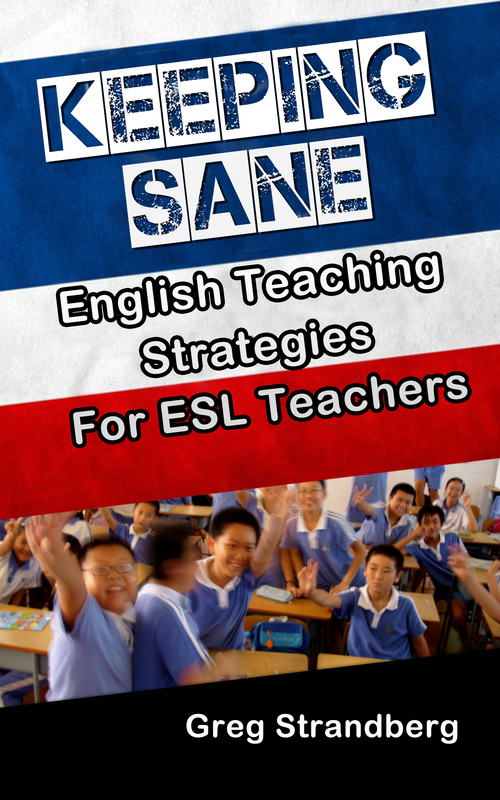
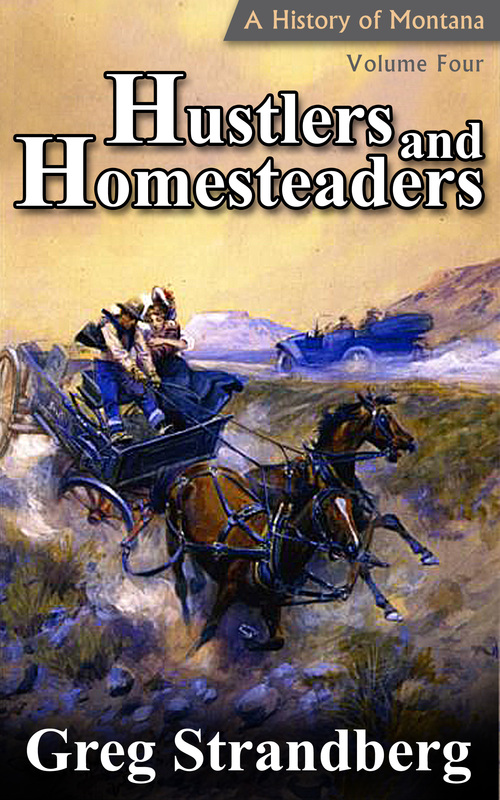
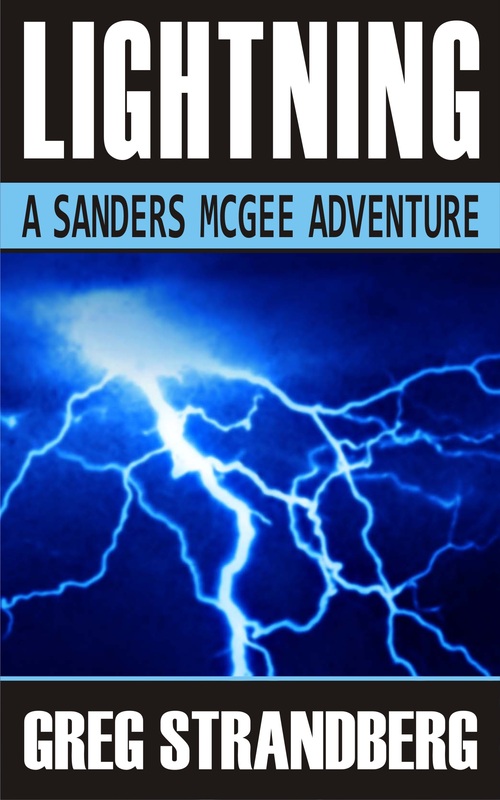
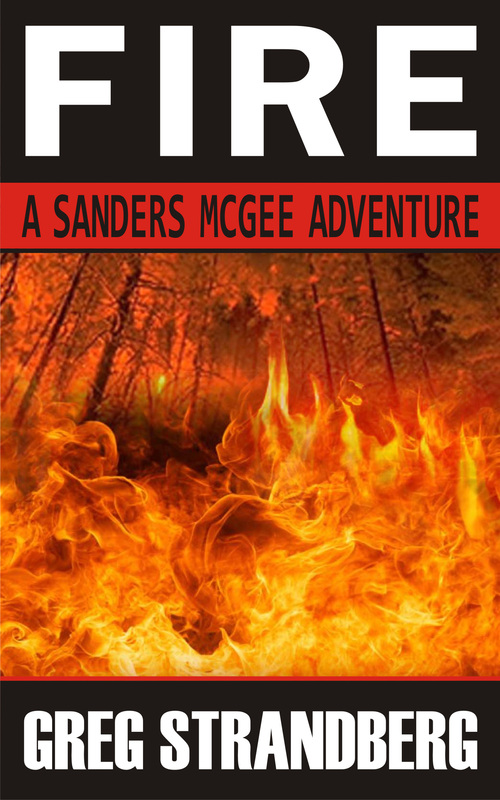
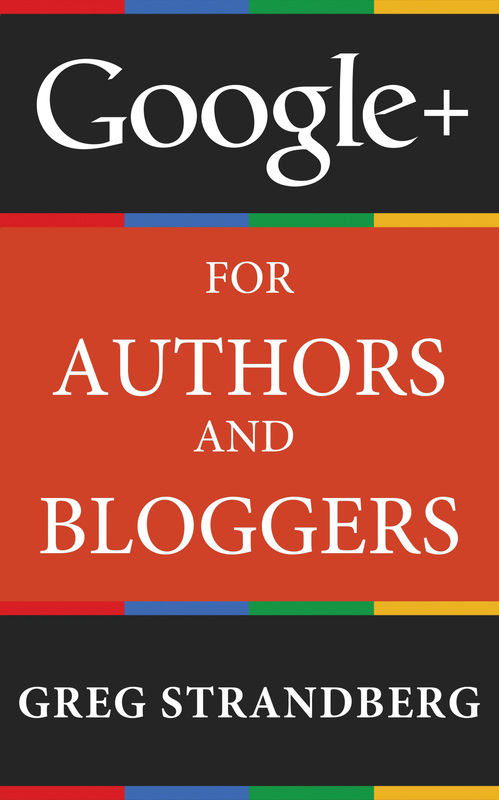
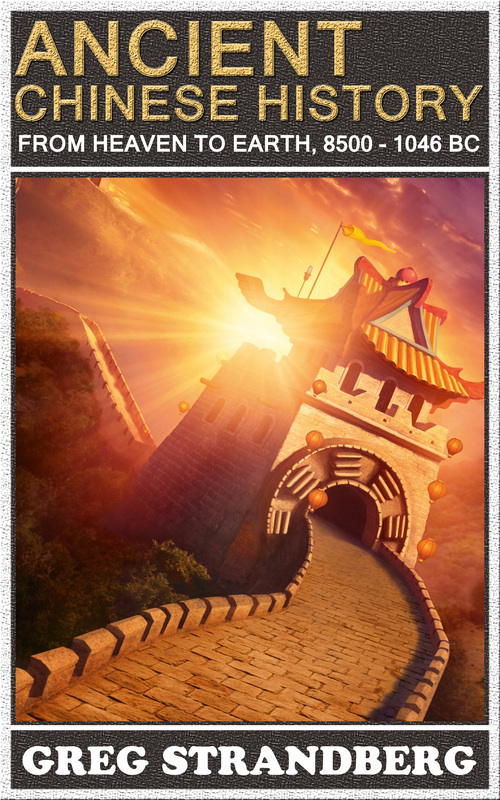

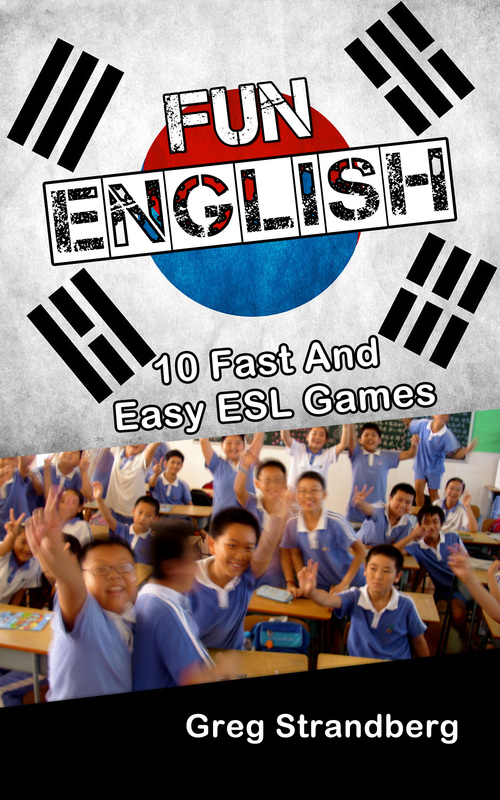
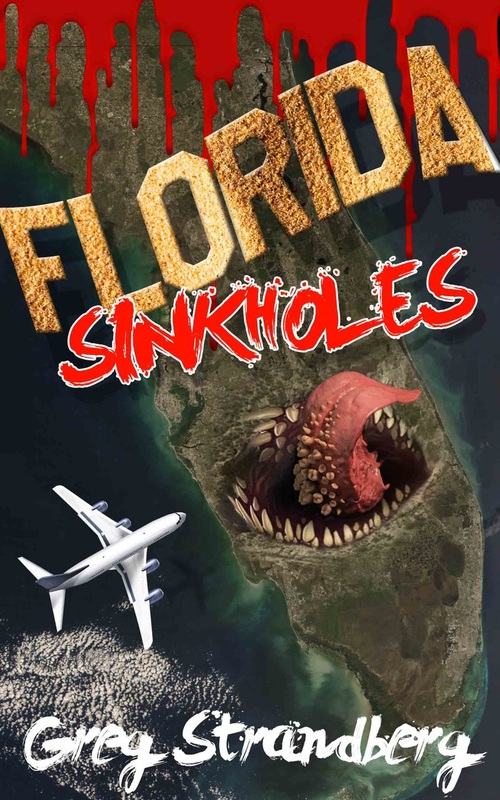

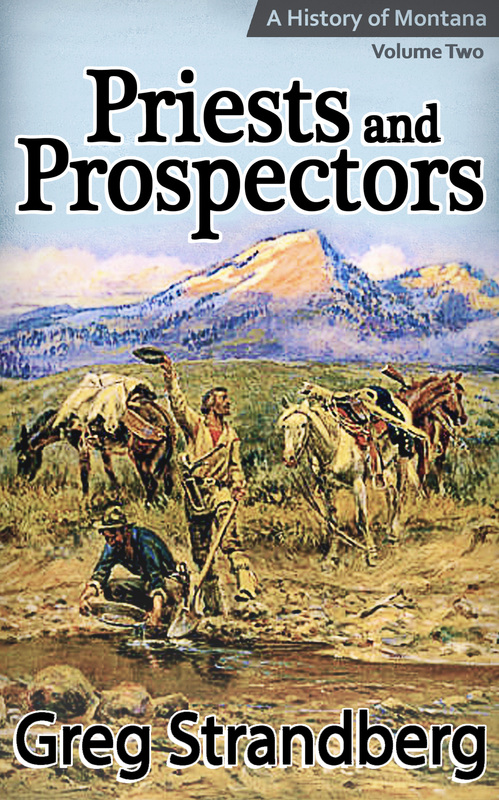
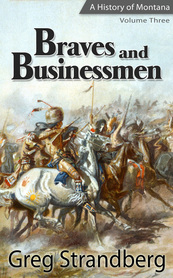
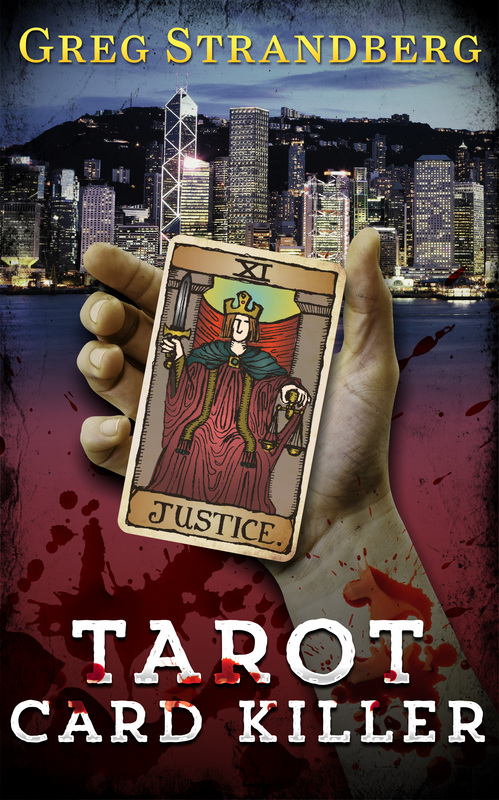
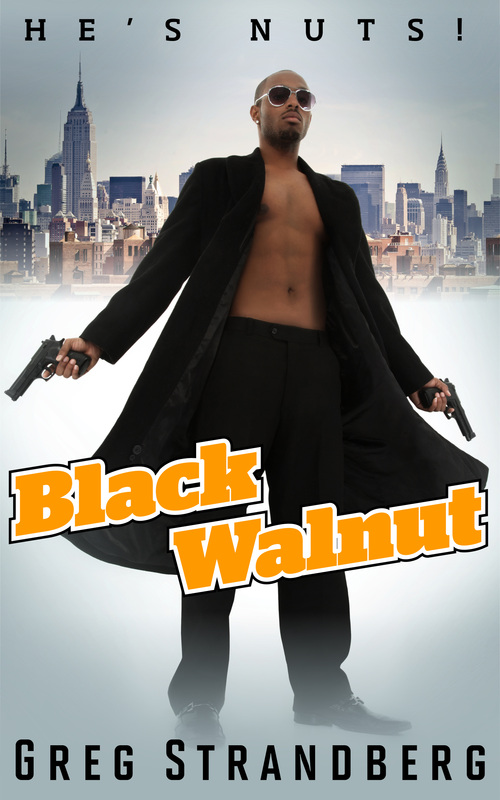
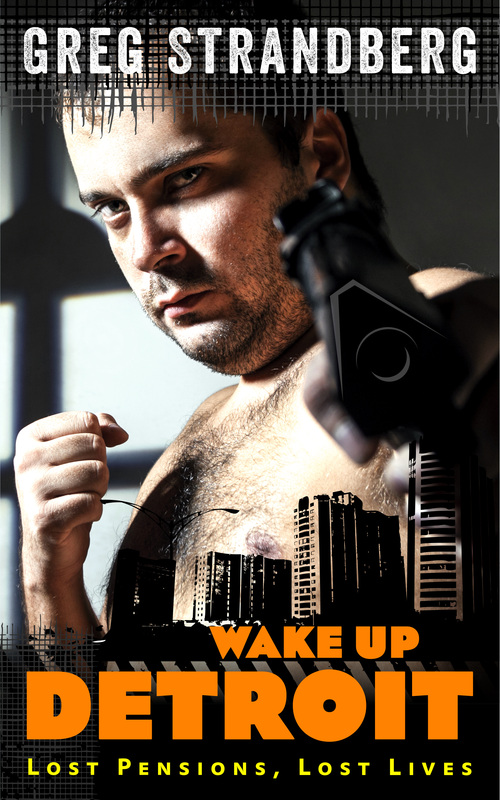
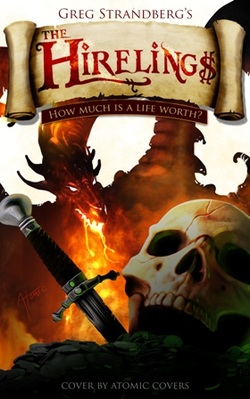
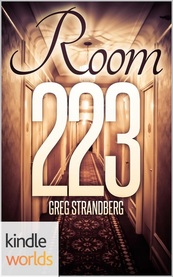
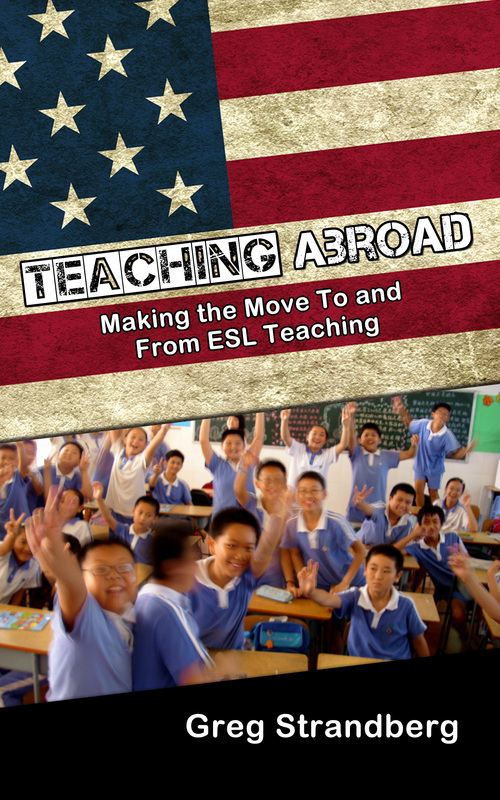
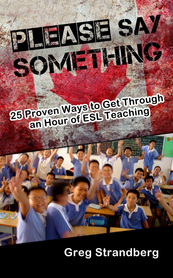

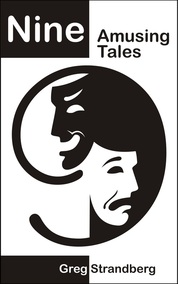
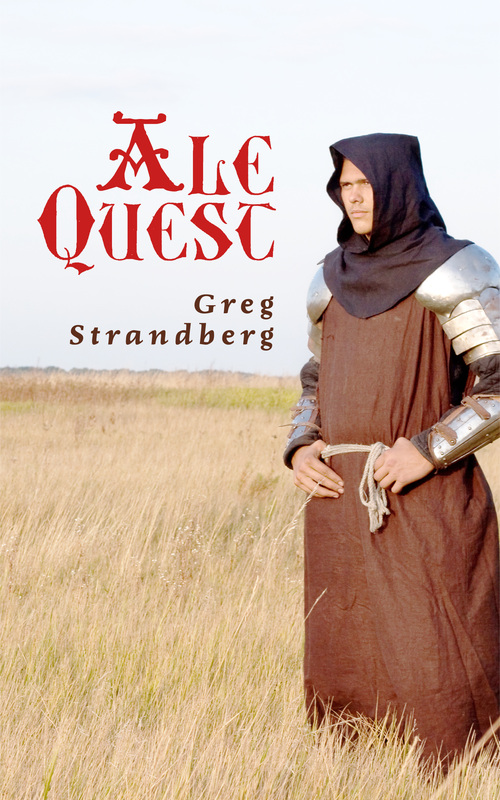
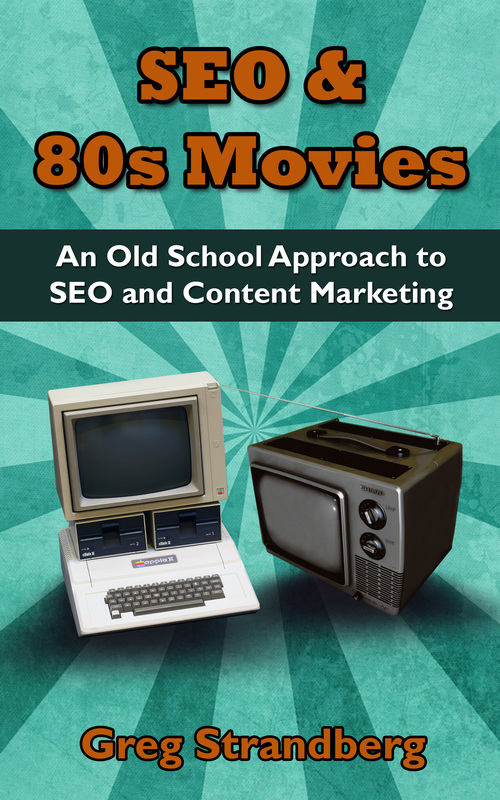
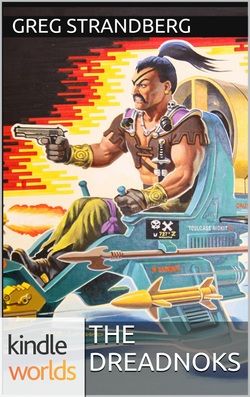
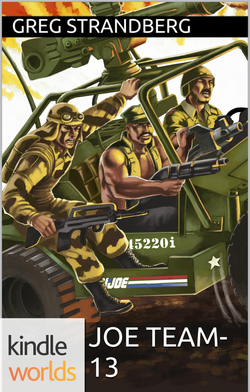
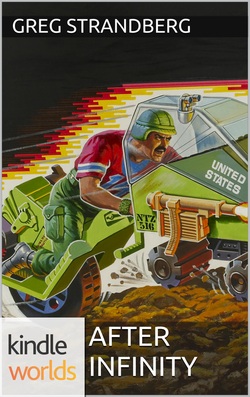
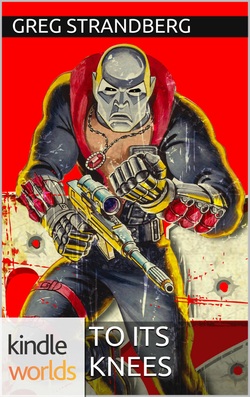
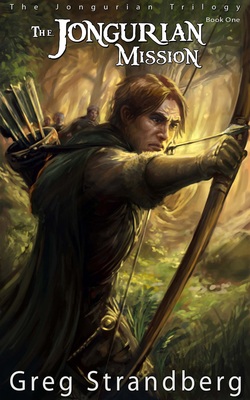
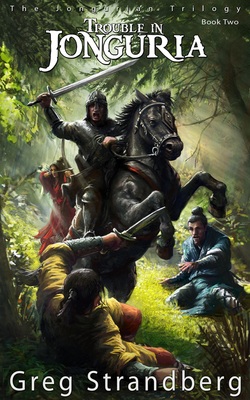
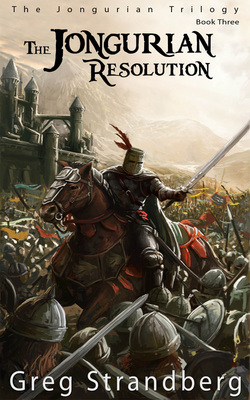
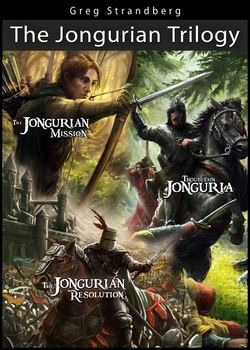
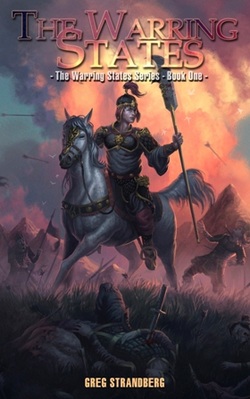
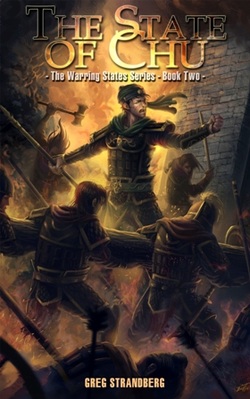
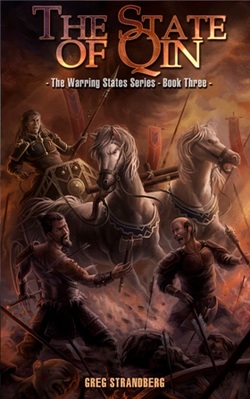
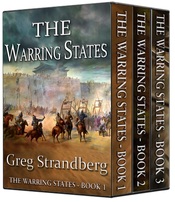
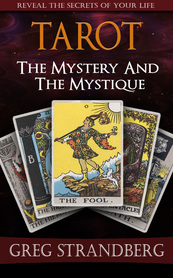
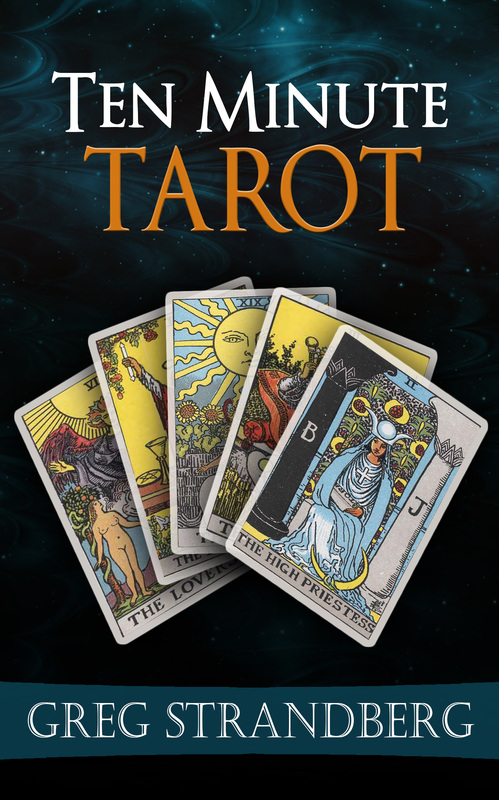
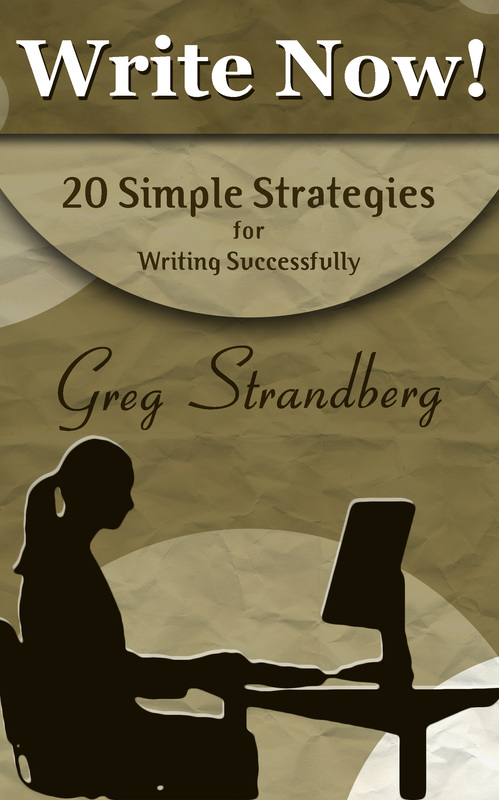
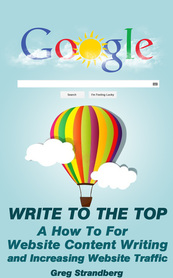

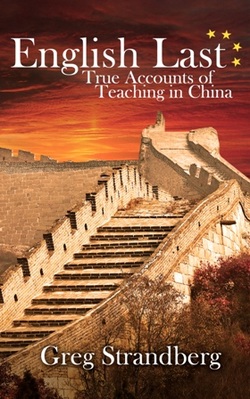
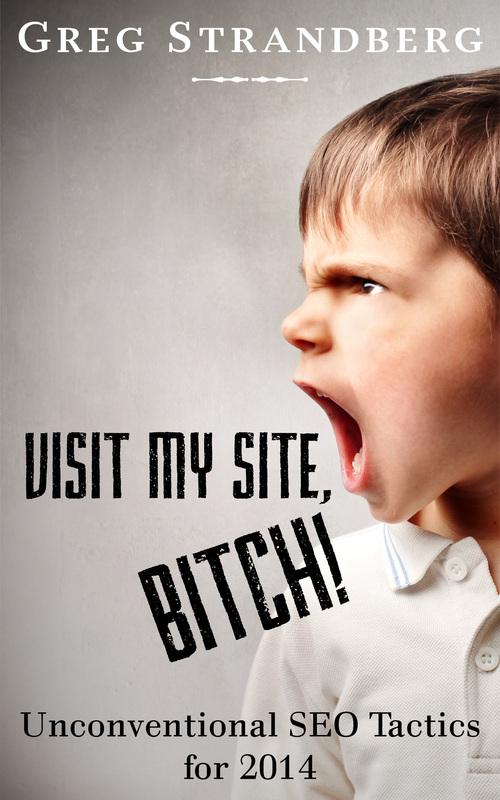

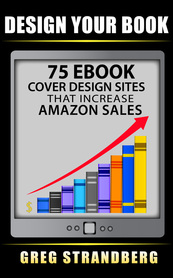


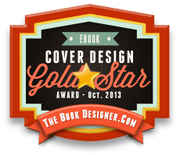
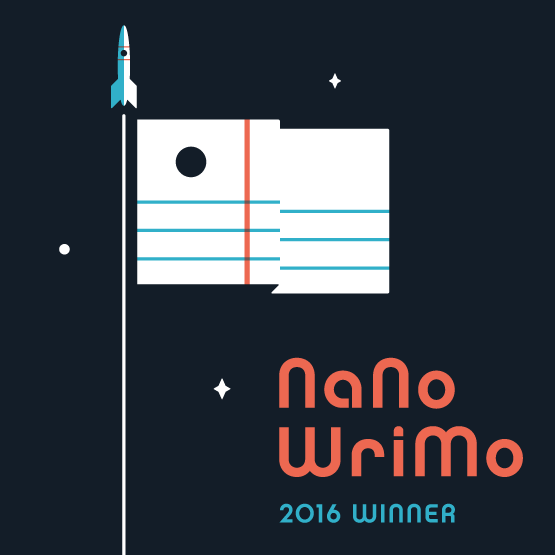
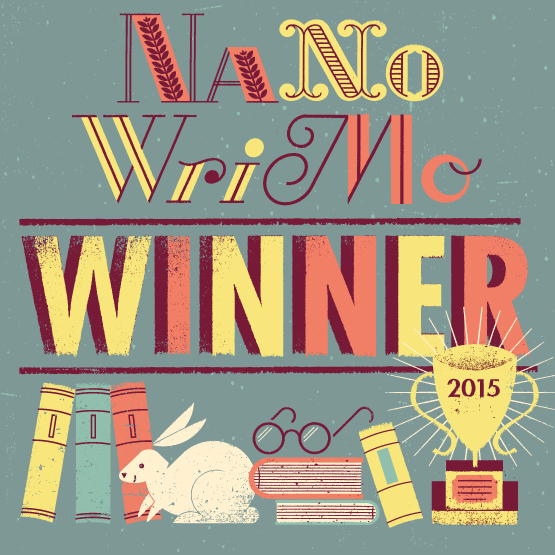
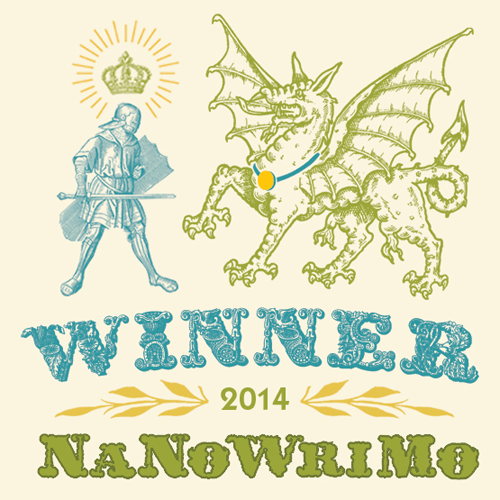
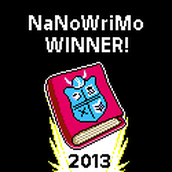
 RSS Feed
RSS Feed